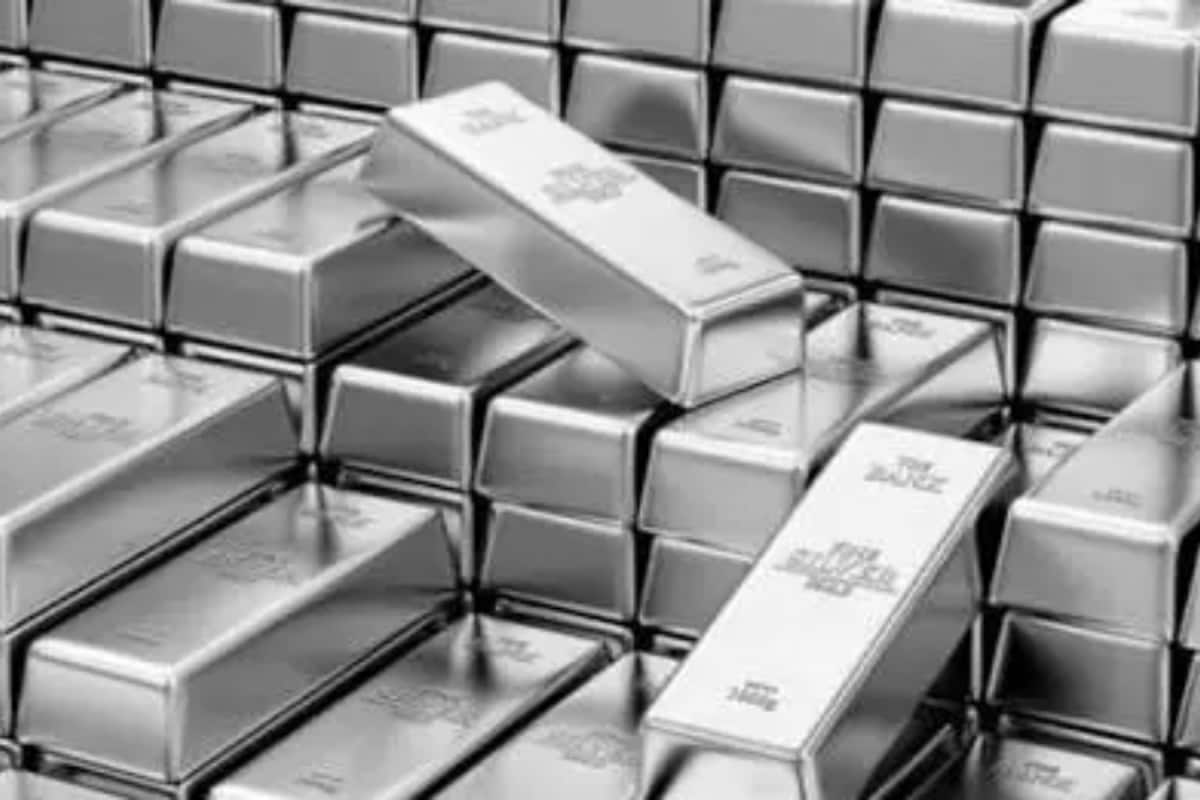

In India, silver is subject to the Goods and Services Tax (GST). As of 2025, the GST rate on silver is 3%. This applies to all forms of silver, including silver bars, grains, unwrought silver, and silver powder. This standardized rate has simplified the tax structure compared to the pre-GST era, which involved multiple state and central taxes.
The calculation of GST on silver involves several factors, including the price of silver per gram, the quantity purchased, and the purity of the silver. The formula to calculate the price of silver after taxation is:
For example, if the price of silver is ₹95 per gram, and you purchase 100 grams of pure silver, the calculation would be:
Businesses registered under GST can claim Input Tax Credit (ITC) on silver purchases if the silver is used for business purposes, such as manufacturing jewellery for resale. However, individual purchasers who buy silver for personal use cannot claim GST refunds.
Yes, GST is applicable to imported silver. When importing silver, the buyer must pay 10% of customs duty and 3% GST.
The implementation of GST has standardized the pricing of silver across India. Earlier, different states had varying VAT rates, which complicated the purchasing process. With a uniform 3% GST rate, the tax structure is now more transparent and regulated.
It's important to stay updated on any potential changes to GST rates. As of July 26, 2024, there were discussions about increasing the GST rate on gold and silver from 3% to 5%. While this change was under consideration, it's crucial to verify the current applicable rate with the latest government notifications.
Investments in silver Exchange Traded Funds (ETFs) are subject to capital gains tax. The tax rates depend on the holding period: